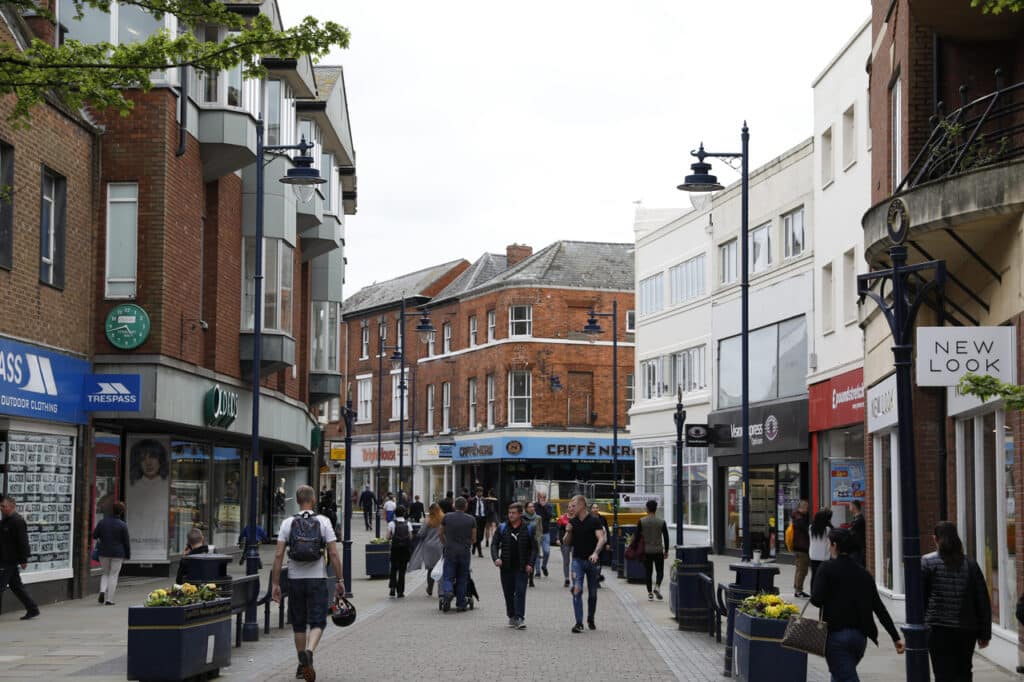Introduced in 2022 to replace EU Structural Funds, the UK Shared Prosperity Fund (UKSPF) is a central pillar of the government’s plans to spread opportunity more equally across the UK. However, the report, Sharing Prosperity: Community Renewal and the UK Shared Prosperity Fund, published by the All-Party Parliamentary Group (APPG) for ‘left behind’ neighbourhoods finds UKSPF funding is failing to make an impact in some of the areas most in need of investment.
The report reveals glaring regional disparities in UKSPF allocations. Encouragingly, per capita UKSPF allocations in the North East – a region containing high concentrations of ‘left behind’ neighbourhoods – were strong. But the report found that the overall deprivation component in the UKSPF funding formula was weak, with lead authorities containing as many as eight ‘left behind’ neighbourhoods receiving as little as £7-8 per capita.
While promoted by the government as a new approach to investment that would empower local communities, short funding timeframes and turnarounds have reduced spending efficiencies across the UKSPF programme. In many areas, funding has been redirected by lead authorities to backfill existing projects and priorities.
The findings underscore the urgent need for a culture shift in current levelling up funding. The APPG calls for a reformed approach to ensure levelling up spend reflects local priorities in the most disadvantaged areas, including through greater investment in both community engagement and capacity-building.
The report makes a series of recommendations to address these issues, including:
- A reinvented funding model that targets hyper-local investment at ‘left behind’ neighbourhoods by overlaying the Index of Multiple Deprivation with the Community Needs Index.
- Confirm UKSPF funding for the same 7-year period as the EU structural funds it replaces at a minimum, though research shows that truly transformational community-led change requires 10-15 years of patient investment.
- Delegate UKSPF down to the community level, opening up new routes for community anchor organisations, alliances of community organisations, neighbourhood forums or parish and town councils to steer neighbourhood regeneration.
- Build in a ring-fenced capacity-building budget to the communities and place strand, to ensure the most disadvantaged places have the tools to be involved in community renewal.
- In the absence of devolution, make community involvement in ‘local partnership groups’ mandatory, to ensure that funding reflects community priorities.
Paul Howell, MP for Sedgefield and Conservative co-chair of the APPG, said:
“The UK Shared Prosperity Fund rightly recognises the value of community-led projects in strengthening our social fabric and fostering a sense of local pride and belonging.
“In practice, however, we know there is more work to be done in ensuring investment reaches our most deprived and ‘left behind’ neighbourhoods. Only then will we be able to truly level up opportunity, with residents taking the lead in improving their local areas and life outcomes.”

